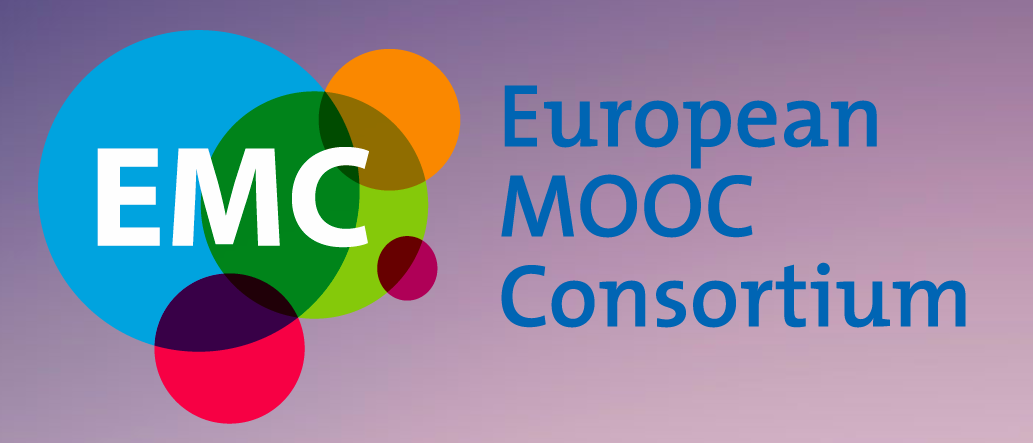We are pleased to announce the publication of a new report produced for the ECM-LM project. The European MOOC Consortium brings together higher education, MOOC platforms and representatives of public and private sectors in a Knowledge Alliance.
This report was written to provide a shared understanding of the evidence base regarding the use of open online learning for supporting employability, innovation and entrepreneurship within the European area. It was produced using the method of Rapid Evidence Assessment with a few tweaks to make it more relevant to the needs of the project.
This streamlined review of literature draws on scientific literature, project reports, policy documents, case studies and other resources to describe the potential for MOOCs to stimulate and empower organisations to use open education as part of their programs of continuous education (CE) and continuous professional development (CPD) or continuous vocational training (CVT). Resources were chosen for their presentation of evidence rather than discussing the MOOC potential. Most of the evidence reviewed also comes from 2015 or later.
The rapid expansion of MOOCs left little time for organisations to adapt to the MOOC offer resulting in much unexplored potential. Current best practice in MOOC provision is characterized by an innovation mindset which recognizes their disruptive potential while being realistic about what can be achieved. Sound pedagogy, effective learning design and evaluation are essential elements of teaching and learning with MOOCs, and MOOC design and facilitation is emerging as an area of expertise. Evaluation data and web analytics can be used to iteratively refine a MOOC offer; alternative, authentic performance indicators may be used in assessment to validate work-related learning.
This report identifies several interstices where the worlds of higher education, vocational educational, training and open online learning come are converging. Evidence is provided for the contention that, through enhancing opportunities for flexible delivery of education, MOOC can innovate the way that we approach degree programmes, lifelong learning, CE and CPD.
Approaches which emphasize the flexible delivery of learning are especially suited to workplace upskilling. For greatest impact and relevance, collaboration should cross disciplinary and professional boundaries, involving a wide range of stakeholders. Employability can be supported through improved management of work transitions; more flexible training options; new routes between education and work; building credibility in CPD; enhancing soft and transversal skills; and developing new mechanisms for authenticating non-formal learning. Innovation can be encouraged by working with greater transparency and sharing; improved dialogue between stakeholders; adopting a reflective attitude towards technology; and through policies which support and motivate new approaches. Entrepreneurship can be moving beyond the knowledge transfer model of entrepreneurial education; drawing stronger connections between theory and practice; promoting collaboration between researchers and practitioners in education and entrepreneurship; and encouraging entrepreneurial culture.
You can keep up with the latest news from the EMC-LM project at https://emc.eadtu.eu/news.
Download the report from https://oerhub.net/wp-content/uploads/2019/10/20191030-EMCLM-WP1-REA-Report-v1.1-FINAL.pdf or browse it below. (It’s CC BY so feel free to share!)
20191030-EMCLM-WP1-REA-Report-v1.1-FINAL

Leave a Reply